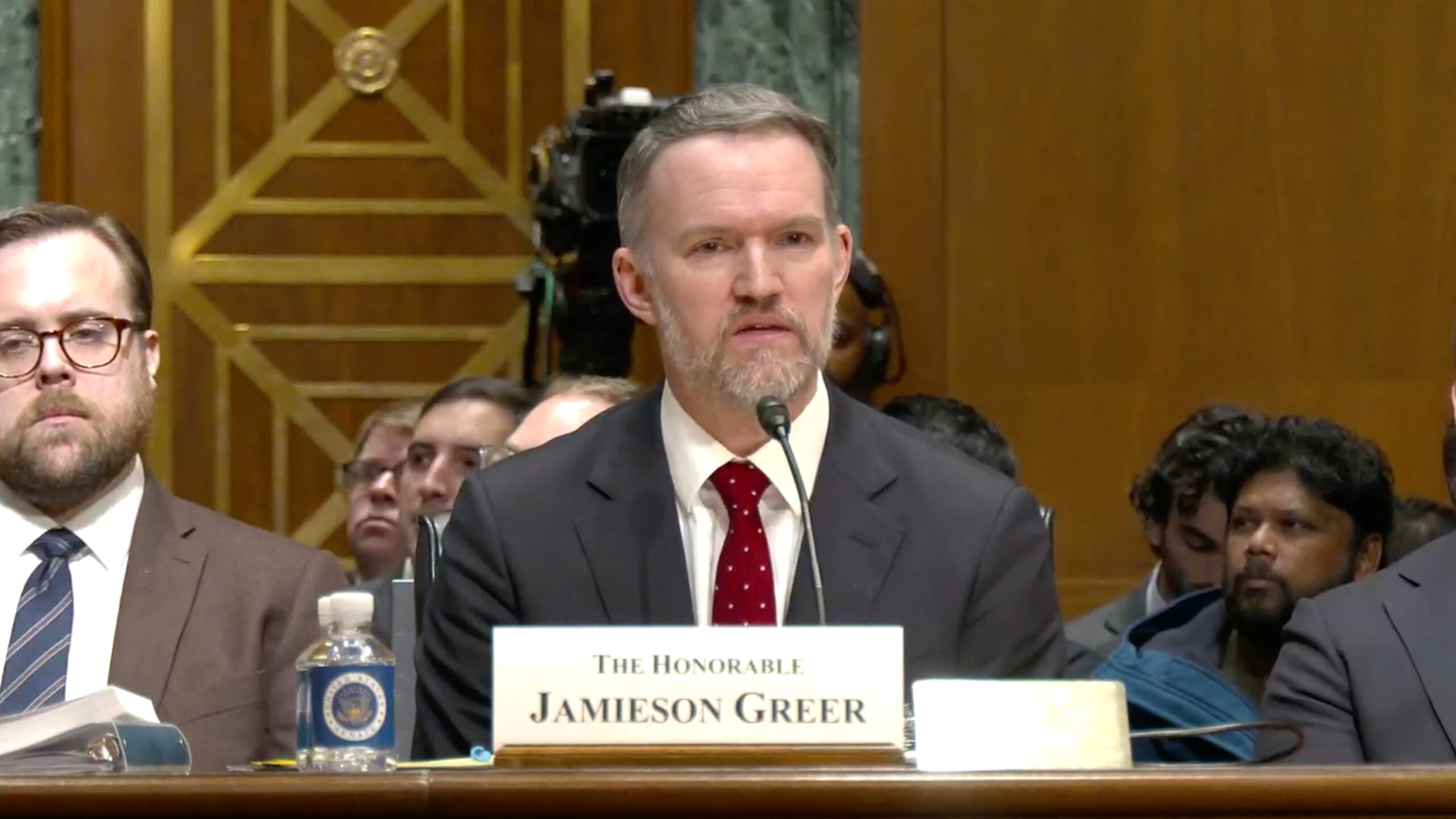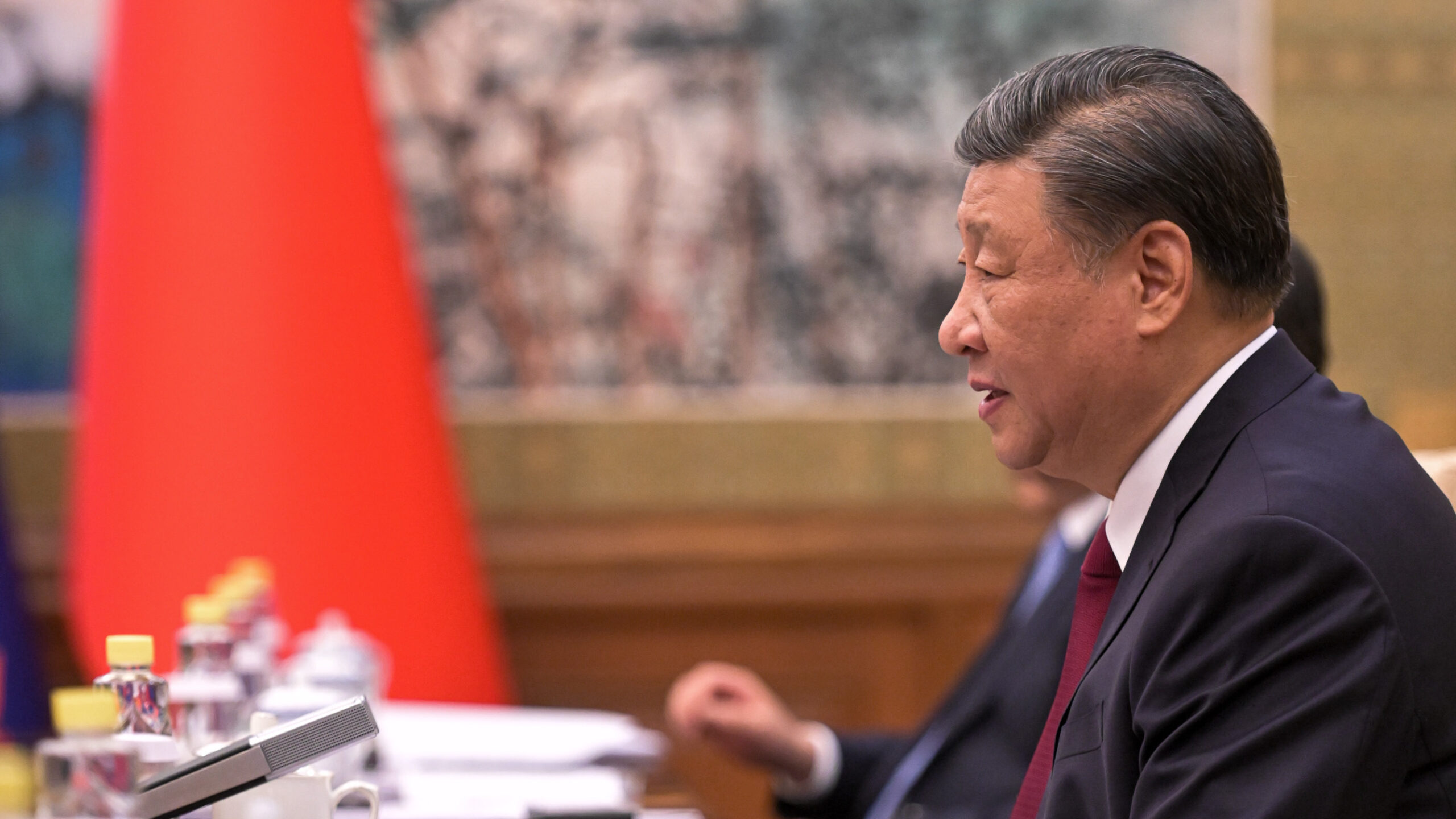
Yesterday’s World Trade Organization (WTO) ruling against the country-of-origin meat labels (COOL) that Americans rely on to make informed choices about their food provides a glaring example of how trade agreements can undermine U.S. public interest policies. The WTO authorized over $1 billion annually in trade sanctions against the United States unless and until the popular consumer policy is weakened or eliminated.
[Reposted from the Huffington Post | Lori Wallach | December 8, 2015]
The ruling is a nightmare for the Obama administration’s uphill battle to build support for the controversial Trans-Pacific Partnership (TPP). It makes clear that trade agreements can — and do — threaten even the most favored U.S. public interest safeguards.
Claims to the contrary have been a mainstay of the White House effort to overcome TPP opposition from an unprecedentedly diverse coalition of organizations and members of Congress. That opposition was only solidified when the recent release of the final TPP text revealed the pact was even worse than expected.
The massive text largely reflects the interests of the 500 official U.S. trade advisors representing corporate interests that had privileged access while the public, Congress and the press were shut out the secretive process: investor privileges that make it easier to offshore American jobs to low wage countries and retrograde terms that expose U.S. food safety, environmental, Internet freedom, health and other safeguards to attack and rollback.
President Barack Obama has launched unprecedented attacks on the very notion that the pact could undermine public interest policies. For instance, in a high profile May 2015 speech at Nike headquarters, Obama said that critics’ warnings that the TPP could “undermine American regulation — food safety, worker safety, even financial regulations” was “just not true.” He said: “They’re making this stuff up. No trade agreement is going to force us to change our laws.”
Except the WTO just sideswiped Obama’s TPP claims. Will he stand by his claim that ‘no trade agreement is going to force us to change our laws? If so, Obama’s Secretary of Agriculture, Tom Vilsack, did not get the memo. “Congress has got to fix this problem. They either have to repeal or modify and amend it,” Vilsack said in May when the WTO issued a previous ruling on the case.
The House of Representatives obliged, passing a repeal. If the Senate moves, will Obama veto the bill? If Obama backs up his claim and stands by the U.S. law, then under the perverse pincer mechanism that the TPP and the WTO include, the United States would be hit with an absurd $1 billion in trade sanctions annually unless and until the law goes. This despite the fact that U.S. imports of cattle from Canada increased 53 percent under a modification of the COOL policy enacted to remedy past WTO criticisms.
Unfortunately, past U.S. presidents of both political parties have rolled back U.S. consumer and environmental safeguards via regulation or lobbied Congress to change laws after previous retrograde trade pact rulings.”
After previous WTO rulings, the United States has rolled back U.S. Clean Air Act regulations on gasoline cleanliness rules successfully challenged by Venezuela and Mexico and Endangered Species Act rules relating to shrimping techniques that kill sea turtles after a successful challenge by Malaysia and other nations. The U.S. also altered auto fuel efficiency (Corporate Average Fuel Economy) standards that were successfully challenged by the European Union.
COOL is why the meat we buy in grocery stores is labeled to identify in what country animals were born, raised and slaughtered. COOL is supported by 90 percent of Americans, according to a recent poll.
Mexican and Canadian livestock producers and the U.S. meat processing industry fought fiercely against the policy’s initial enactment and then turn to deregulation-by-trade-agreement as Plan B.
The Canadian and Mexican governments won an initial WTO ruling against COOL in 2011. In 2013, the Obama administration altered the policy to provide consumers more information, which remedied the specific violations the WTO tribunal had identified. Mexico and Canada challenged the new policy and this May the WTO said it violated WTO rules. Now the WTO has authorized more than $1 billion in sanctions per year against the United States until it weakens or ends COOL.
Sadly, this ruling is not a fluke. Two weeks ago, the WTO ruled that U.S. “dolphin-safe” tuna labels, which allows consumers to choose tuna caught without dolphin-killing fishing practices, were also a “technical barrier to trade” that must be eliminated or weakened.
The TPP would make the situation much worse. It includes constraints on food safety that extend beyond the WTO, roll back the environmental standards included even in George W. Bush’s trader pacts and would empower individual foreign corporations to directly launch attacks on public interest policies.
The only good news is that these WTO rulings should unite lovers of Flipper and haters of mystery meat with the majority of Americans whose jobs and wages would be undermined by the TPP to ensure Congress does not approve the pact.












